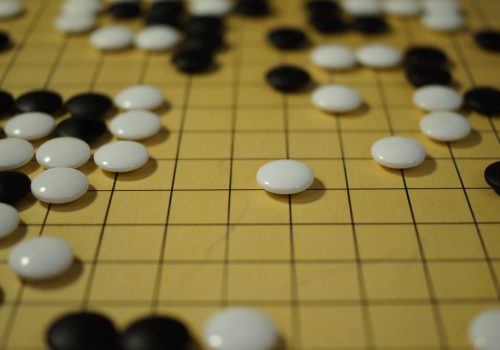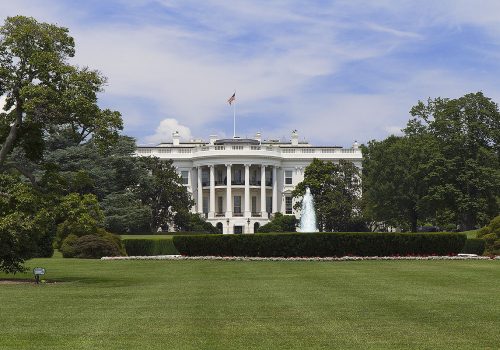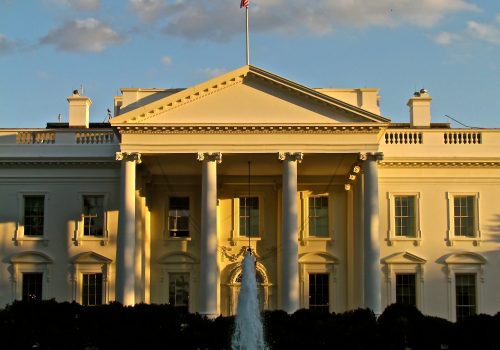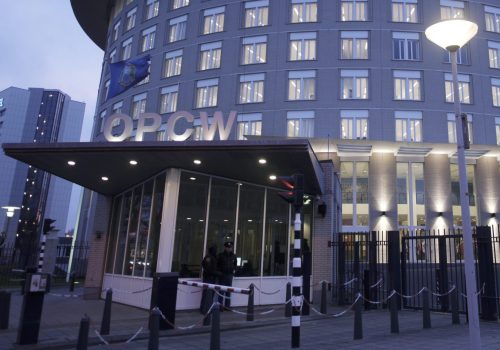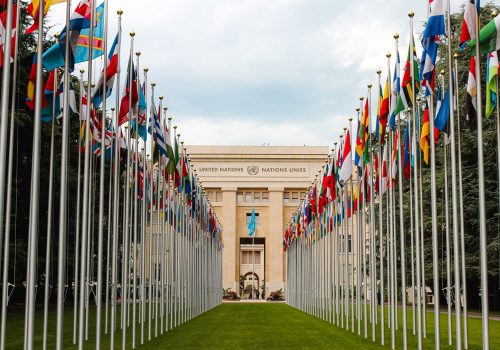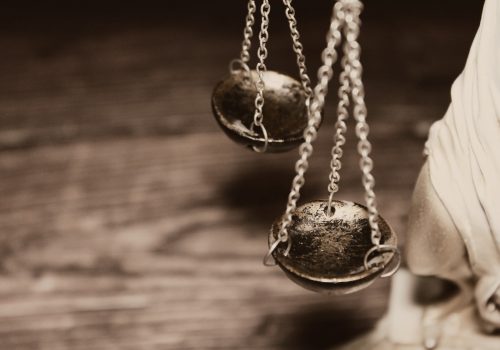Assumptions and hypotheticals series
When academics, policymakers, and practitioners discuss security and conflict within the cyber domain, they are often hampered by a series of ongoing debates, some more commonly agreed upon than others, upon which the nevertheless must engage in order to better understand the domain.
We have brought together members of these communities to discuss why these debates are important to the shaping of cybersecurity and strategic plans, and how hypothetical answers to these debates might impact the way that actors’ – across both the public and private sectors – strategies, operations, and tactics might impact the domain, their adversaries, and their own goals.
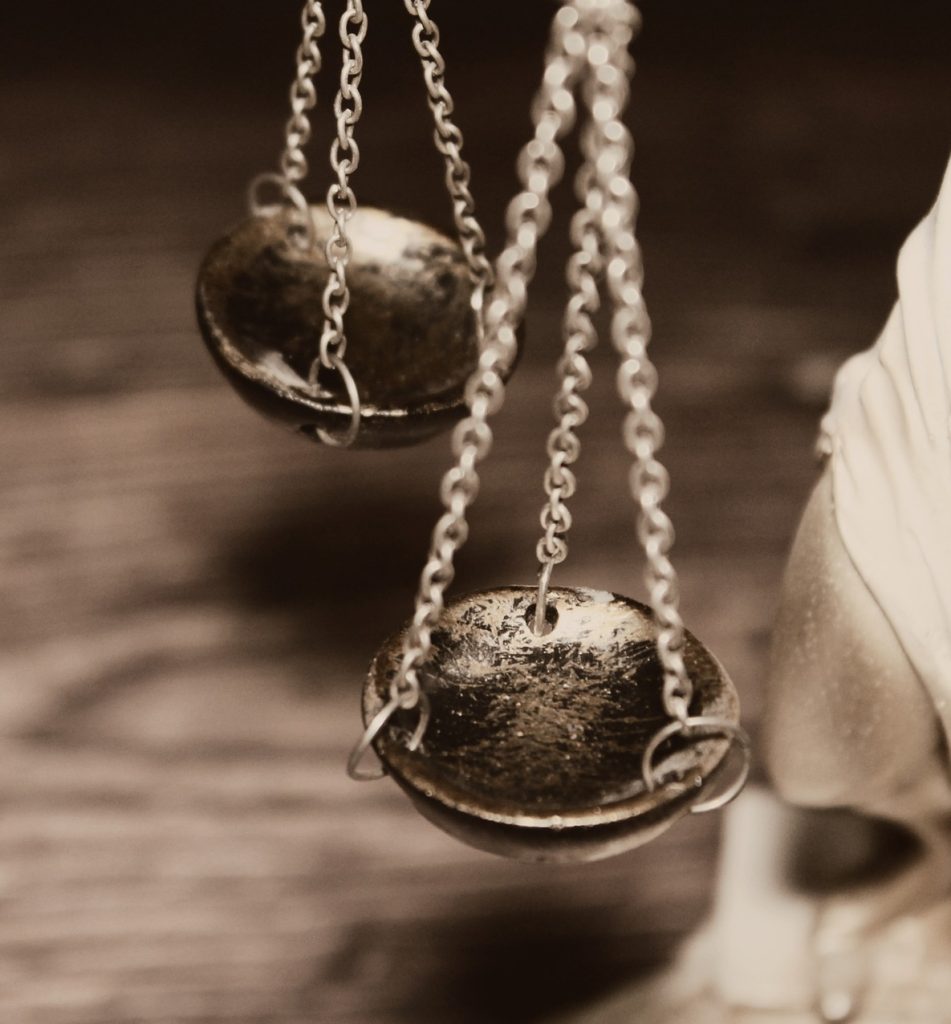
Related projects and papers

The Atlantic Council’s Cyber Statecraft Initiative, part of the Atlantic Council Technology Programs, works at the nexus of geopolitics and cybersecurity to craft strategies to help shape the conduct of statecraft and to better inform and secure users of technology.

